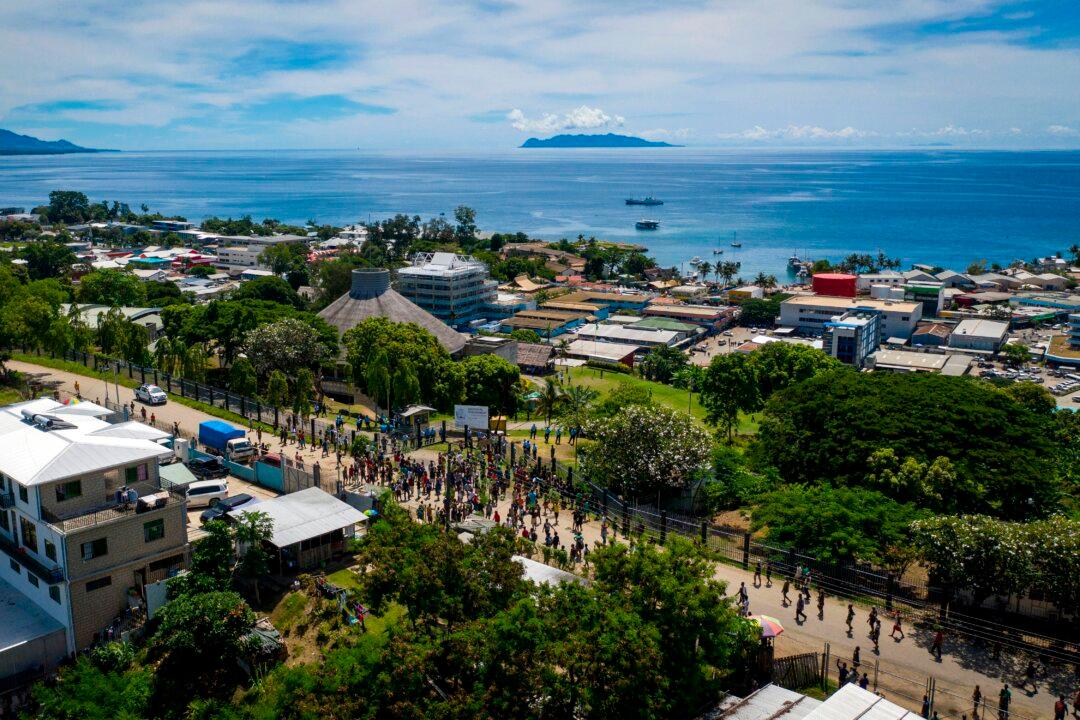The battle fields of Guadalcanal, in the Solomon Islands, draw visitors from the United States and its war allies, as well as those from Japan, decades after the bloody campaign in the South Pacific ended.
But in recent weeks, some visitors say they have been prevented from accessing one of Guadalcanal’s most significant World War Two sites, which includes a Japanese war monument, after a deal handed control of the land to a company controlled by a Chinese businessman.





